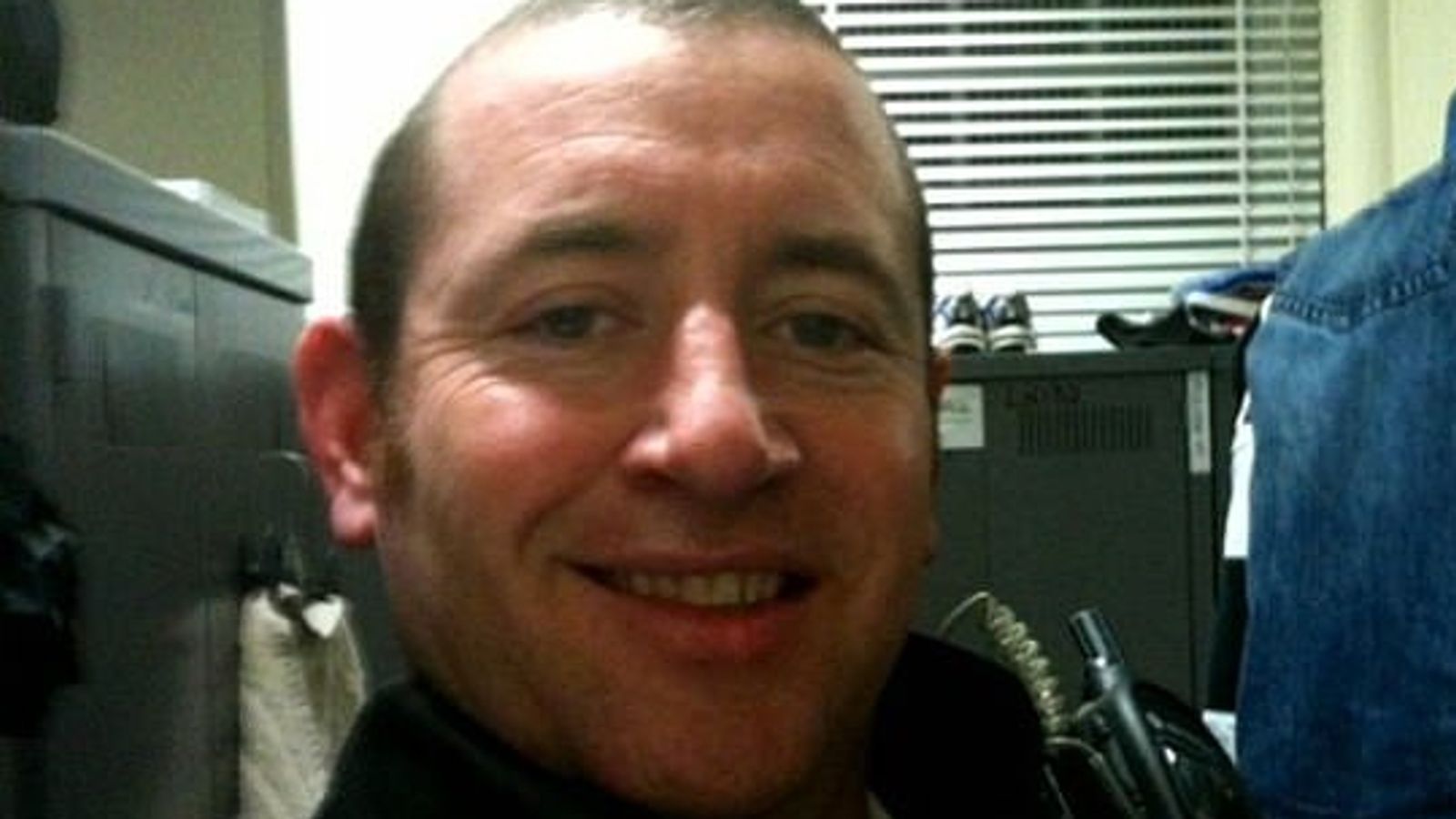The Metropolitan Police’s systematic failings are “off the scale” and it should be broken up to prevent a repeat of the David Carrick case, a crime commissioner has argued.
Donna Jones claimed that changing the culture of the Met is like “trying to turn the Titanic” for the force’s boss, Sir Mark Rowley.
It comes after Carrick this week admitted to being a serial rapist.
Ms Jones, the Conservative police and crime commissioner for Hampshire and the Isle of Wight Constabulary, said: “The systematic failings in the Met are literally off the scale compared to other police forces but we have to understand why.
“This police force is enormous, it is the size of five average-sized police forces across England and Wales.”
Ms Jones stressed there are “tens of thousands” of “decent” police officers working in the capital.
But she also said the Met’s vetting processes “have clearly failed and let victims down”, and criticised the force’s professional standards department for its failings in the Carrick case.
She told BBC Radio 5 Live: “There were lots and lots of complaints made about this individual. It was not just the fact he should have also failed vetting.
“There are, we anticipate, around 900 police officers currently being investigated in the Metropolitan Police Service for various offences, many of which are sexually related.
“This for me is a huge concern and it’s why I’ve been calling for the Metropolitan Police Service to be broken up.”
She added that reform is “going to take a long time and we need that to happen sooner because we cannot have any more situations like David Carrick coming forward”.
Read more:
Trust in policing at ‘lowest level’ after Carrick case
Victim of David Carrick describes months of physical and mental abuse
Every police officer to be checked and urgent review of vetting after Carrick case
Vetting process explained
Ms Jones explained the three-part process of police vetting, amid increased scrutiny of how officers are approved to join forces and checked on during their service.
The first part requires officers or applicants to self-declare any issues, she said.
Ms Jones explained the vetting then moves on to a scan of social media and financial records, before local and national police databases are checked in a process that can take several weeks.
Ms Jones said an example of a potential red flag would be if vetting found an applicant had been investigated for domestic abuse, only for a complaint to be dropped.
On Monday, former Metropolitan Police officer Carrick, 48, admitted 49 criminal charges including 24 counts of rape against 12 women between 2003 and 2020, making him one of the UK’s most prolific known sex offenders.
Carrick faced complaints about his behaviour before he joined the force in 2001, then again as a probationer in 2002 and numerous times throughout his policing career until 2021.
He was only suspended from duty in October 2021 when he was arrested for rape. His pay was finally stopped in December 2022 when he admitted the majority of the criminal charges he faced.
David Carrick: Timeline of events
Carrick, who was sacked from the force on Tuesday, used his position within its ranks to win over his victims’ trust and later to intimidate them.
Trust in police ‘hanging by a thread’
Ms Jones is not the only senior police figure to have spoken out after the Carrick case.
Humberside Police’s chief constable, Lee Freeman, called it “one of the darkest weeks for policing that I have known” in his career of nearly three decades and added “police legitimacy is hanging by a thread”.
Click to subscribe to the Sky News Daily wherever you get your podcasts
The chief constable of British Transport Police, Lucy D’Orsi, also expressed her shame and anger that a fellow officer had been free to carry out years of abuse.
And Festus Akinbusoye, police and crime commissioner for Bedfordshire, argued vetting was not enough to stop criminals from joining the ranks of forces.
He said it was vital complaints about officers were taken more seriously.







